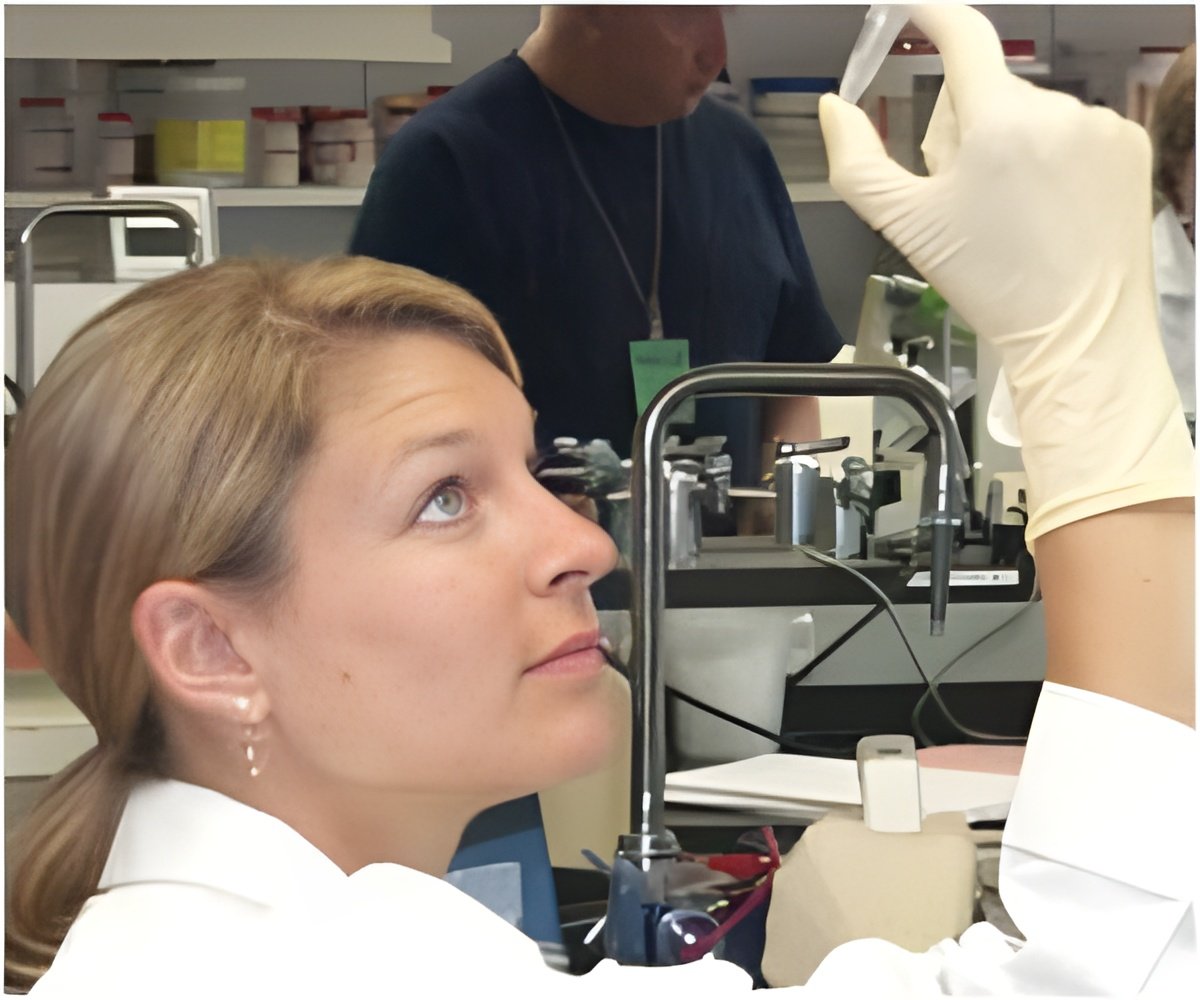A novel way has been identified to target sensitive cancer cells to chemotherapy-making them more open to treatment as found by the scientists from The University of Manchester.

The research team made the discovery whilst exploring the possible mechanisms behind resistance to chemotherapy drugs like Paclitaxel, often used to treat breast and colon cancer.
Dr Andrew Gilmore, who led the research team at The University of Manchester, is part of both the Wellcome Trust Centre for Cell-Matrix Research and also the Manchester Cancer Research Centre.
He said: "Cells replicate and divide through a process known as mitosis. This process is carefully controlled and if any mistake is made during normal division then the cell undergoes apoptosis – otherwise known as controlled cell death.
"Failure of cells to complete mitosis correctly can be the start of cancer. We wanted to understand how this failure – delay of cell division - activates apoptosis, and why some cancer cells may be able to avoid being killed."
Cancer cells replicate rapidly, and chemotherapy drugs such as paclitaxel target mitosis as a way to kill these quickly dividing cells. But cancer cells can develop resistance to the drugs.
Their results show that Bid is turned on as cells prepare to divide. This primes the cells to die if cell division takes too long. Cancer cells that were resistant to chemotherapy still turned Bid on, but went through mitosis too quickly for it to kill the cell. However, these resistant cells could be made to die by directly targeting the part of the cell where Bid works.
Source-Eurekalert
 MEDINDIA
MEDINDIA



 Email
Email




